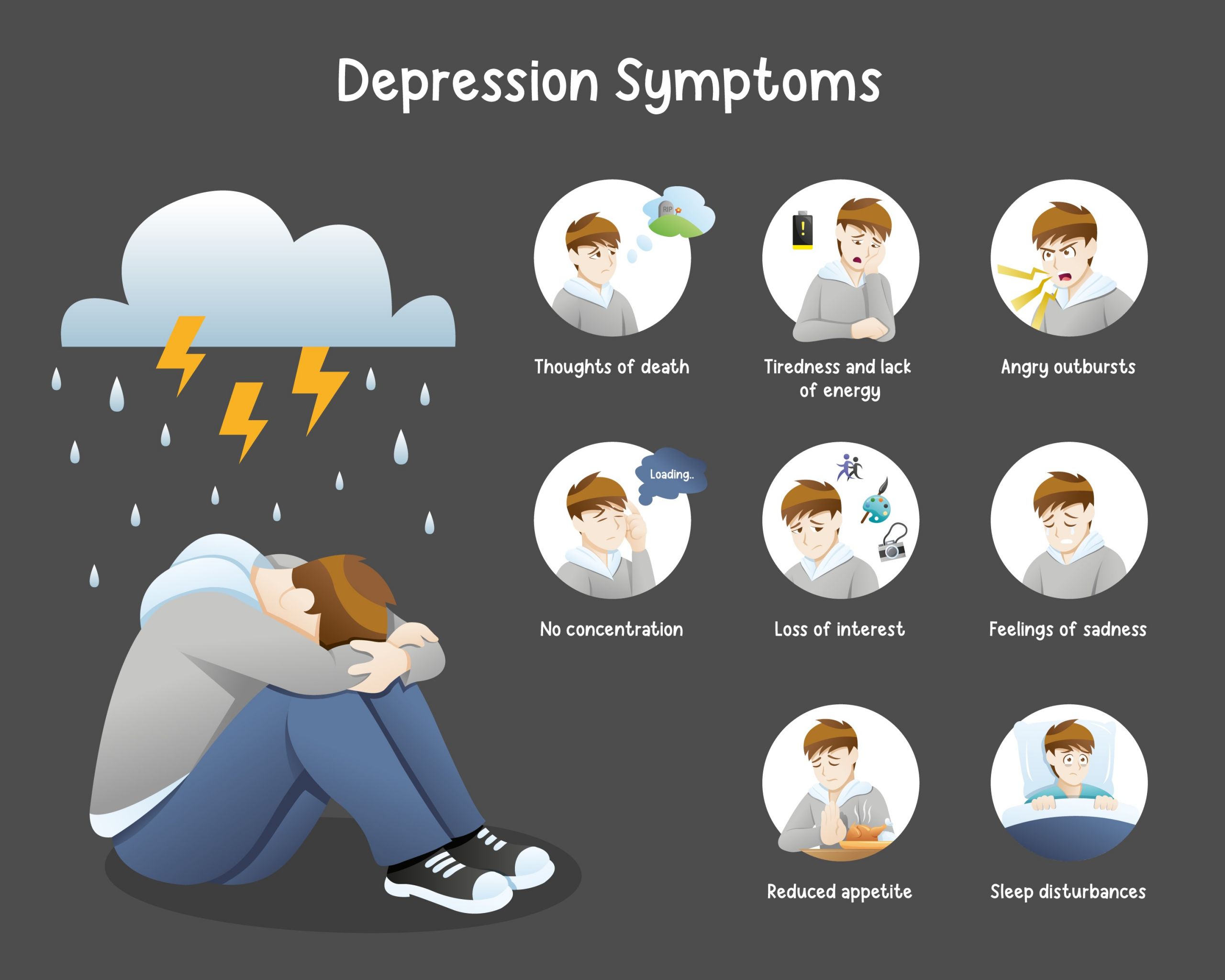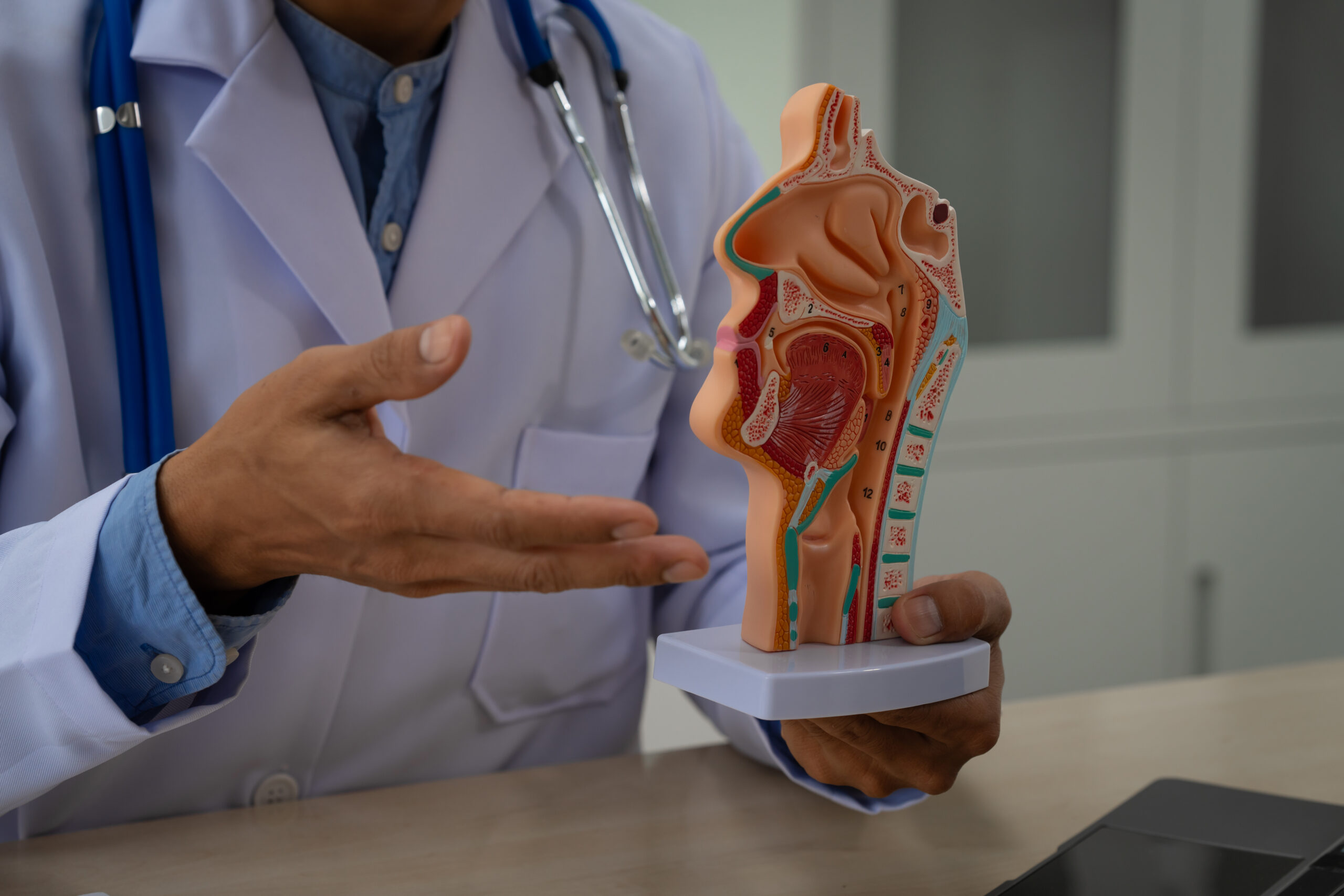We have all felt different degrees of sadness at various points in our lives. It is normal to feel down when a life event does not turn out as expected, such as failing a test, financial trouble, relationship issues or losing a loved one. However, sometimes when these feelings of sadness are prolonged without a healthy resolution, the sufferer may slip into depression. When things feel all too overwhelming, it may be hard to know whether we are depressed or sad.
Depression is a serious medical illness, and it can affect anyone. According to the Singapore Mental Health Study conducted by IMH in 2016, 1 in 16 people in Singapore has suffered from depression before. We may have many questions about depression, such as:
- How do you tell if what you are feeling is due to sadness or if it is depression?
- What is the difference between sadness and depression?
- When does sadness become depression?
Yet, many of us avoid talking about it for fear of stigma and embarrassment. This may be counter-productive instead, as it impedes sufferers from seeking the help they need. We share 3 things you should know about depression.
When a person is depressed, it is hard to pinpoint a trigger for feelings of sadness.
When we feel sad, we can trace it back to a trigger or an event that is causing these feelings. Even if we are feeling lousy for that, there are moments when we are able to laugh and be comforted. As time passes, we feel better as we learn to adapt and cope with the feelings. Depression, however, is crippling and negatively affects all aspects of our lives.
Depression can come up for no reason. Individuals with depression may feel numb and isolated from the rest of the world. Emotionally, everything feels less interesting, less enjoyable, less worthwhile, even in the absence of a trigger. An activity that was once enjoyed, may suddenly become uninteresting.
It is hard to attribute depression to a trigger or event; and it is certainly not something that one can “snap out of” or simply “move on” from by willpower. Depression can be caused by a complex set of reasons, including traumatic events that may have happened a long time ago in our lives.
Symptoms of depression often look like symptoms of pervasive sadness.
The key tell-tale difference is that depression symptoms are often prolonged. If you suspect that you or someone you know is suffering from depression, here is a helpful indicative checklist to help you determine if you should seek professional help immediately.
 Over the last two weeks, how often have you experienced the following?
Over the last two weeks, how often have you experienced the following?
- Feeling sad or having a depressed mood
- Loss of interest or pleasure in activities once enjoyed
- Changes in appetite — weight loss or weight gain unrelated to dieting
- Trouble sleeping or sleeping too much
- Loss of energy or increased fatigue
- Increase in purposeless physical activity (e.g., hand-wringing or pacing) or slowed movements and speech (actions observable by others)
- Feeling worthless or guilty
- Difficulty thinking, concentrating or making decisions
- Thoughts of death or suicide
If you have experienced more than half of the list of symptoms mentioned above for more than a week or nearly every day, you may want to seek a professional opinion, so that you can receive any help you may need as soon as possible.
Don’t suffer in silence. There are many avenues to seek help from.

Support helplines, counsellors, or a trusted friend or family member could be one of your first options. As depression is among the most treatable mental conditions, we recommend seeking help early from a doctor or therapist. They may prescribe medication, counselling services, lifestyle changes or a combination of them. The majority of people with depression respond well to treatment and gain relief from their symptoms.
If you or your loved ones are suffering from depression, speak to a certified mental health expert over the Doctor Anywhere app and access our online counselling services in Singapore. Our team of counsellors and psychologists are ready to offer you support to overcome the challenges you’re facing.







